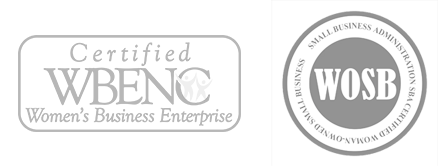REFERRED PROSPECTS OFFER one of the strongest returns of any marketing or sales strategy you can deploy. After all, a good referral costs nothing upfront, and a referred prospect is much more likely to become a customer than most average leads. Why do most companies have inconsistent referral-generation strategies, then? Reasons often include not knowing how to broach the subject or just being fearful of forcing an awkward conversation with a good client. If having a traditional referral conversation is just not in your wheelhouse, try a new approach. Stop asking. Instead, enhance the natural process that clients and influencers use to offer referrals. Here’s an example of one way to approach influencers in your market. Let’s say you sell custom pools, and you’re targeting a colleague at a landscaping company. Explain the type of customers you can help the most, and get specific. For example, you might say you do your best work with owners of custom homes, who have an average annual income above $300K, who have kids, and are seeking an outside living space featuring a unique pool experience versus just a traditional pool.
The more specific you are, the easier it will be for influencers to remember what you do. Next, help them understand that by doing that type of custom work, you routinely get requests for landscapers. Ask them who their ideal customers are, so when someone asks about landscaping, you know if that prospect is a good fit. Positioning the conversation from their perspective gives you an opening to talk about what you do. However, make sure you follow through by referring prospective customers to them. When it comes to asking your customers to refer prospects to you, have regular check-in conversations in which you ask about what you do that they find most valuable and what you should stop doing. Explain you’re working to grow your business, and ask them how they would recommend getting the word out about the specialized work that you do. By asking in this casual way, you’re avoiding a potentially uncomfortable conversation where your customer might be unable to quickly think of a prospective client for your company. By asking him to brainstorm with you, you are engaging him in a deeper way, increasing the likelihood he will remember your differentiators, and that will help keep your desire for referrals top of mind. When a customer does refer a prospect your way, be sure to follow up with a handwritten thank-you note. An email is just not as thoughtful, and it’s likely to get buried in an inbox.







